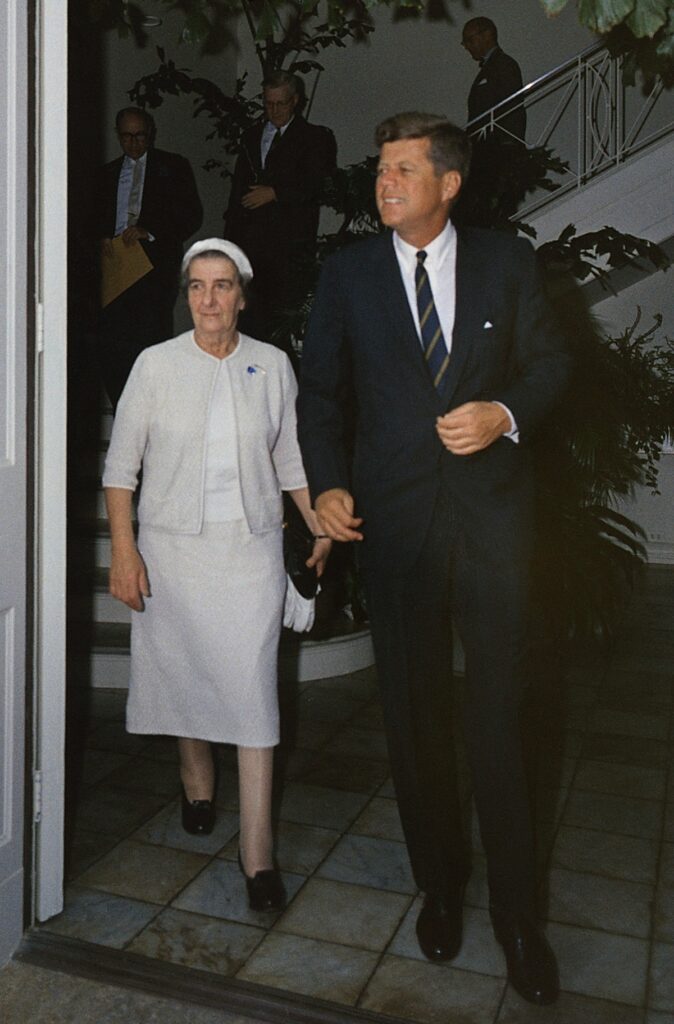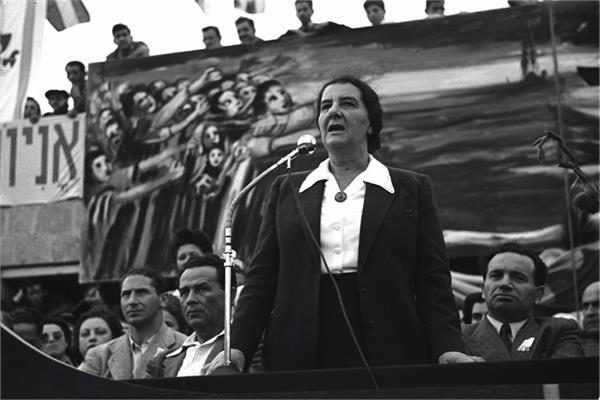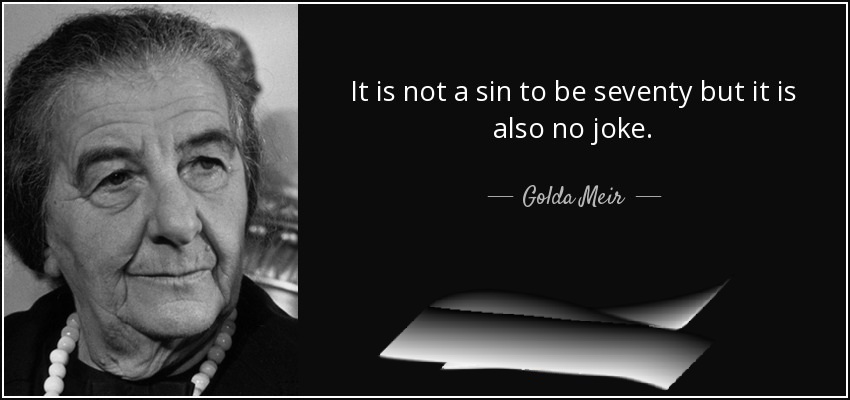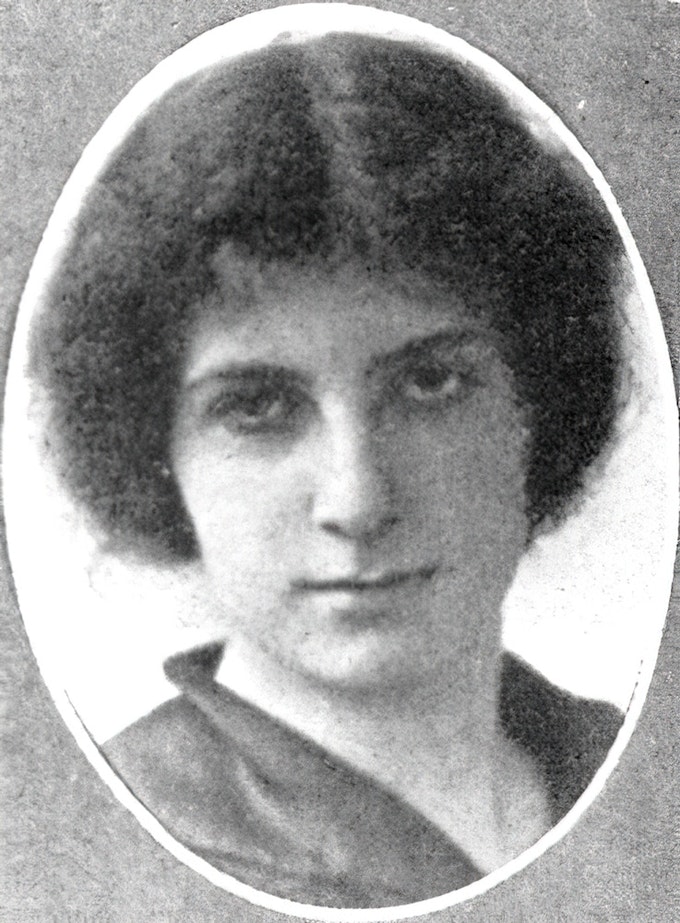Part of our ongoing series focusing on persons throughout history who have achieved great things well beyond mid-life.
Golda Meir, often lovingly referred to as the “Iron Lady” of Israel, was one of the truly remarkable figures of the 20th century. Her life was a tapestry of dedication, leadership, and resilience. Astonishingly, her greatest achievements and accomplishments came after her 50th birthday.
Born on May 3, 1898, in Kiev, Ukraine, Golda Meir’s family immigrated to the United States when she was just a child, settling in Milwaukee, Wisconsin. Her upbringing in the heart of the Midwest played a significant role in shaping her character. The values of hard work, community, and determination, often associated with “folksy” American ideals, were deeply instilled in her during her formative years.
After her graduation from the Wisconsin State Normal School in Milwaukee (later renamed as the University of Wisconsin–Milwaukee), she embarked on her journey of activism and public service. Golda’s involvement in the Labor Zionist Movement brought her to British Mandate Palestine in 1921. There she committed herself and her efforts to the establishment of a Jewish homeland. Her early years in Palestine saw her working in kibbutzim, engaging in agricultural endeavors that were pivotal in the development of the region.

(Image from Wikimedia Commons/Public Domain)
As the years passed, her reputation as a leader grew. Her folksy, down-to-earth manner made her relatable to people from all walks of life. This approachability was one of her most endearing qualities. She often stated, “There is no such thing as a ‘Palestinian people.’ It is not as if we came and threw them out and took their country. They didn’t exist.”
In 1948, at the age of 50, Golda Meir’s dedication and political acumen led to her involvement in Israel’s declaration of independence. She was instrumental in garnering support from the United States for the newly formed state. Her political and diplomatic skills were evident, even in these early years of her leadership.
One of the most significant chapters in her life was her term as Israel’s Prime Minister from 1969 to 1974. During her tenure, she faced immense challenges, including the Yom Kippur War and its aftermath. Her leadership during this period was nothing short of exceptional. She refused to give in to pressure and demonstrated unwavering resolve on behalf of the Israeli people.

Golda Meir’s commitment to the Jewish state was deeply personal. She once stated, “Jews are like other people, only more so. We must be better, but we must be different.” This conviction drove her to make difficult decisions, even when they were unpopular. Her legacy extends beyond politics. She was known for her wit and wisdom, often sharing thought-provoking insights on leadership and life. Her informal style of communication endeared her to the masses. Her famous quote, “Pessimism is a luxury that a Jew can never allow himself,” reflects her belief in the strength of the human spirit and the character of the Jewish people.
In the later years of her life, Golda Meir’s health deteriorated, but her spirit remained unbroken. She continued to be a source of inspiration for many, both in Israel and around the world. Her passing in 1978 marked the end of an era, but her legacy lives on. Golda Meir’s life serves as a testament to the power of dedication, resilience, and unwavering commitment to a cause. Her informal, down-to-earth approach made her a leader who could connect with people on a personal level, transcending boundaries that otherwise divided society.

(Photograph by Lazar Dinar, from the Jewish National Fund photo archives via Wikimedia Commons/Copyright expired/Public Domain)

(Photo by the Israeli Press and Photo Agency, courtesy of the National Library of Israel via Wikimedia Commons/Public Domain)
In the end, the life of Golda Meir is a tale of an ordinary woman who accomplished extraordinary things. From her humble beginnings in Ukraine and Wisconsin, to becoming a key figure in the formation and leadership of Israel, she demonstrated that it’s not one’s background but one’s character and determination that truly matter. Her informal and approachable leadership style endeared her to many, and her legacy continues to inspire generations. Golda Meir’s life is a story of a leader who, through her actions and words, exemplified the ideals of dedication, tenacity, and the pursuit of a just cause. Her memory will live on forever in the hearts of her people.
By Steven Roberts




